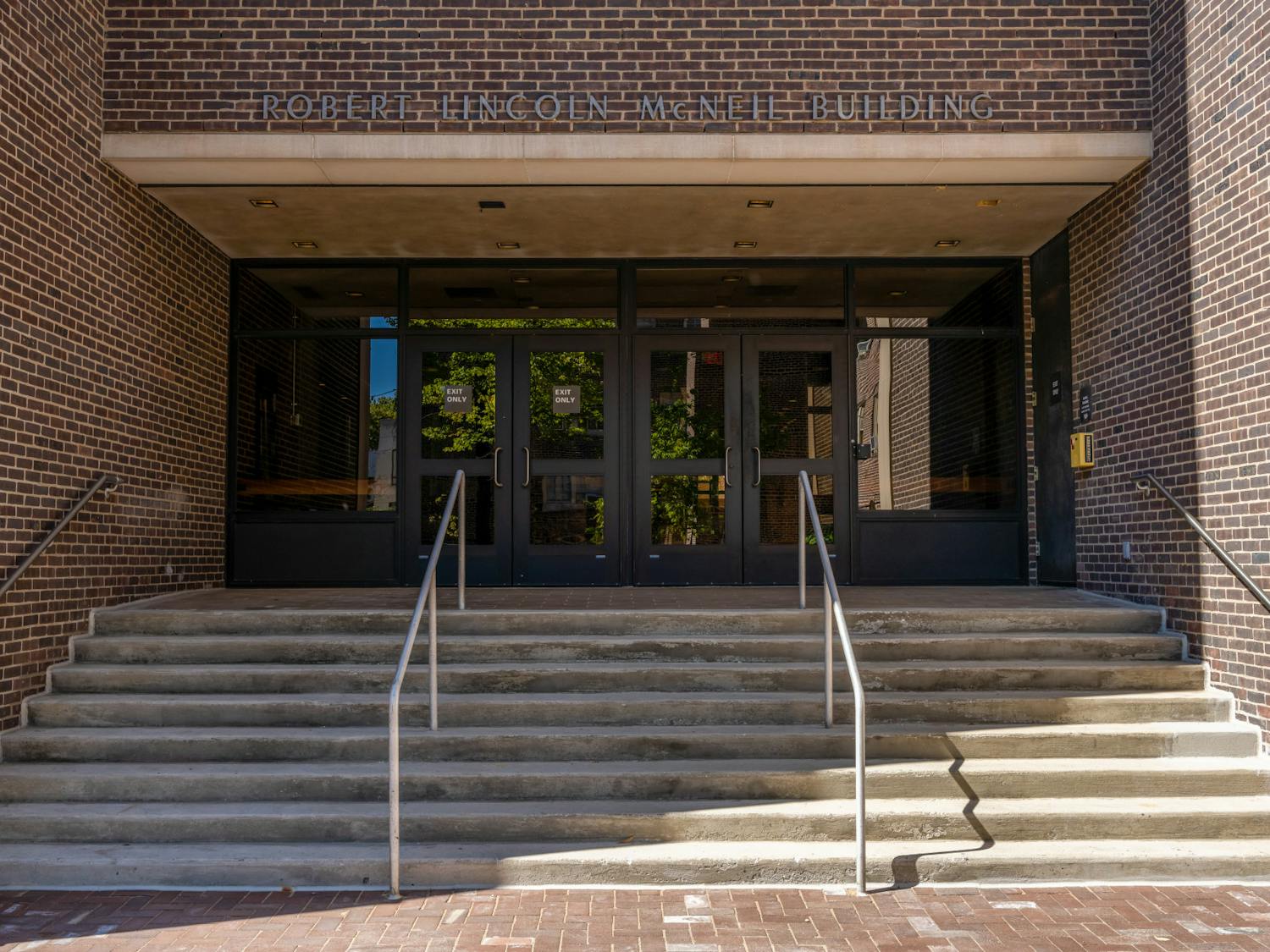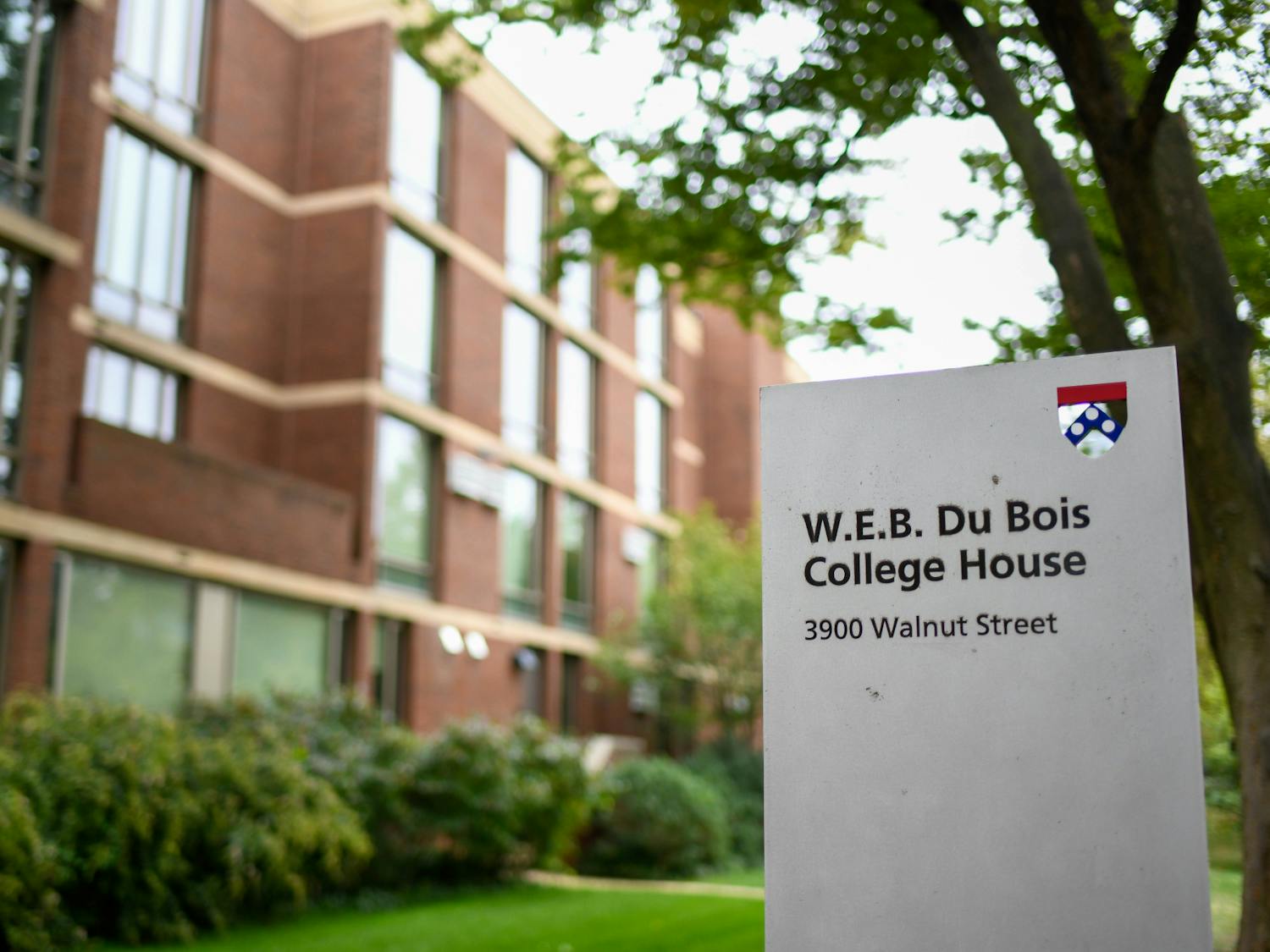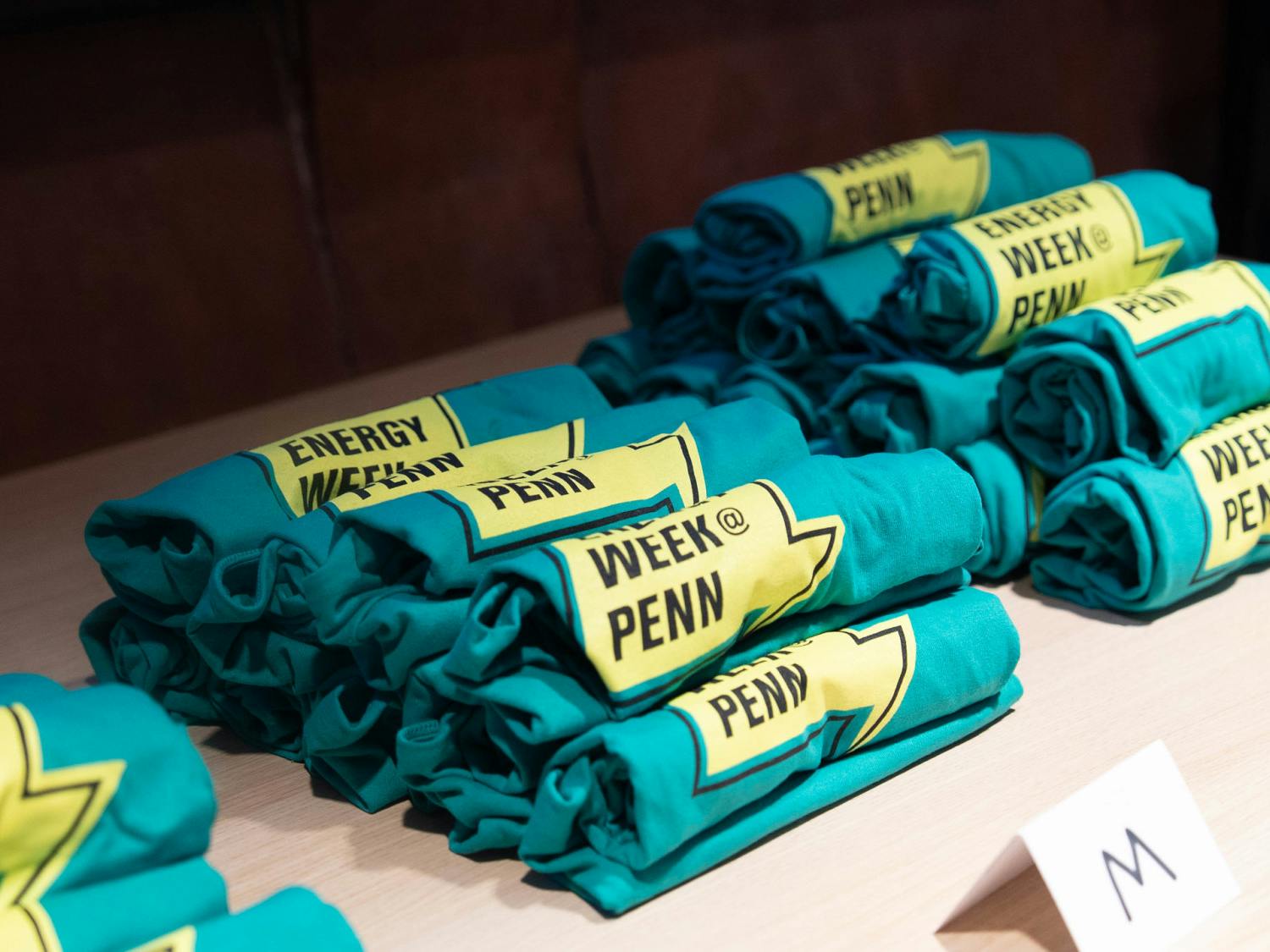For most Penn students, freshman year of college begins in the fall immediately following high school graduation. But some students choose to explore the world before exploring campus.
Many students take a gap year, during which they may go abroad to work, study, volunteer or explore.
For College freshman Rachel Prokupek, taking a gap year was a somewhat spontaneous decision.
“I wasn’t planning on taking a gap year at first,” Prokupek said. “But one day, I was sitting with my dad at dinner. He’s a big foodie, I’m a big foodie, and I was like, ‘Dad, one day I want to go to culinary school.’” To her surprise, her father suggested that she do so before college.
Prokupek studied at Le Cordon Bleu, a culinary school in Paris, for nine months. While there, she attended class six days a week and learned how to cook French dishes and pastries.
Coming to college after a year abroad has presented some academic challenges for Prokupek.
“I haven’t done calculus in a year and a half,” she said, “so my math class is really hard.”
Nevertheless, Prokupek would recommend taking a gap year without hesitation.
“I think it was the best decision I ever made,” she said. “It was just a year of heaven. I was doing what I loved every single day.”
College freshman Olivia Weis, Prokupek’s roommate this year, also studied at Le Cordon Bleu. Weis and Prokupek instantly bonded and decided to room together at Penn.
For Weis, however, Paris was only the beginning of her travels.
“My oldest brother took a gap year, so I knew that I wanted to take one for eight years,” she said.
After spending four years at a competitive boarding school, Weis wanted a break from structured educational systems. She spent three months in Paris before heading to Mexico’s Sian Ka’an Biosphere Reserve, where she did marine conservation work.
“I lived in a hut there and went on three dives a day to gather data on coral,” Weis said.
She then left Mexico for Malawi, where she worked at an orphanage for just over a month. Next was Florence, where Weis took an acting class, followed by the Bahamas, where she lived in an ashram, took a yoga course and became a certified yoga instructor.
Weis chose each new destination about two weeks before traveling there.
“I wanted to keep my options open and go with whatever I was feeling,” she said.
Her parents generally supported her decision to spend a year abroad, but they did have some reservations.
“They were just really concerned with me traveling alone as a woman,” Weis said. “It was something my brother didn’t have to deal with at all.”
College freshman Emma Wagner , who spent her gap year in Australia and India, was also wary of traveling alone as a woman.
“Being a woman in India by myself was not comfortable,” she said. “People would say things to me a lot, or come up and actually touch me, and that’s hard to deal with when you’re alone.”
Wagner spent her time in India volunteering at an orphanage.
“The girls in the orphanage had been through some of the most horrific things I’ve ever heard of,” she recalled.
Wagner’s time in Australia, however, was much more upbeat.
“I was basically a glorified bartender at weddings,” she said. “And I also worked at a gelato shop and learned how to make ice cream.”
Wagner’s time abroad gave her insight into potential career paths.
“I was even more undecided coming into college in terms of what I wanted to do than I am now,” Wagner said, adding that the experience “helped me figure out more basic things, like that I wanted to work with people, or that I wanted to have a more collaborative or interactive job.”
Prokupek, Weis and Wagner all strongly recommended that their fellow students take a gap year abroad.
“It’s helped me have a greater concept of life outside of school,” Wagner said. “It was interesting to see that no culture is perfect.”









